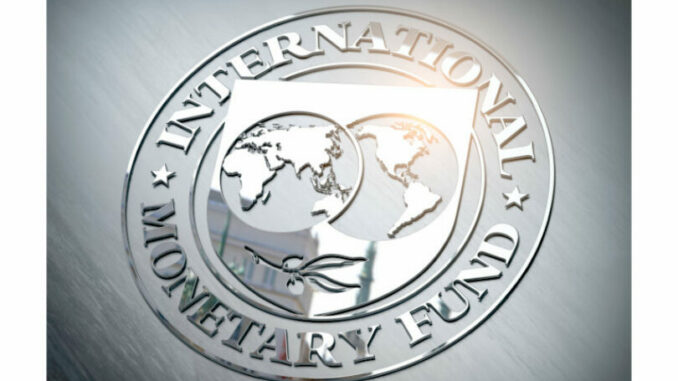
The Executive Board of the International Monetary Fund (IMF) has concluded the third and fourth reviews of the Extended Credit Facility (ECF) arrangement for the Central African Republic (CAR), unlocking an immediate disbursement of SDR 43.22 million (approximately US$58 million).
This brings total disbursements under the programme to SDR 92.29 million (about US$124 million), following the arrangement’s initial approval in April 2023. The new tranche is expected to support the country’s prolonged balance of payment needs and maintain essential public service spending. The Board also granted waivers for the non-observance of several performance criteria, including those related to fiscal balance, net domestic financing, and the non-accumulation of new external arrears.
While there has been modest progress in economic recovery, including improved fuel supplies and incremental reform in public financial management (PFM), programme implementation has delivered mixed results. Only half of the six targeted performance criteria for mid- and end-2024 were achieved. Inflation is projected to ease gradually, aided by a recent reduction in pump prices, while GDP growth is forecast to rise to 3% in 2025, up from 1.9% in 2024. Yet, significant fiscal risks remain, with the domestic primary deficit anticipated to narrow to 2.1% of GDP next year, contingent upon political commitment to tax reforms and stricter spending controls, particularly in the lead-up to national elections.
Structural reform remains the cornerstone of the programme’s long-term aspirations, with the IMF stressing the urgency of overhauling CAR’s fuel procurement system to reduce inefficiencies and promote transparency. The recent diesel grant, if managed judiciously, could enhance supply competition and bolster fiscal revenue. Governance enhancements—including the strengthening of the Financial Intelligence Unit, implementation of mining and forestry codes, and the operationalisation of the asset declaration framework—are seen as critical to unlocking the country’s growth potential. The successful execution of CAR’s 2024–2028 National Development Plan is essential to mobilising concessional financing, restoring donor confidence, and attracting private investment to propel inclusive development.
